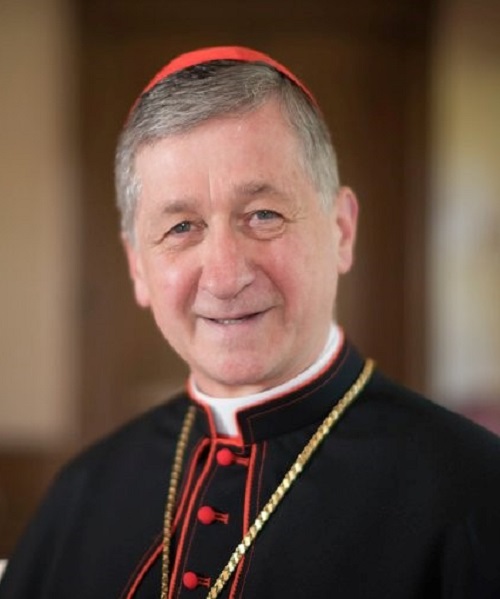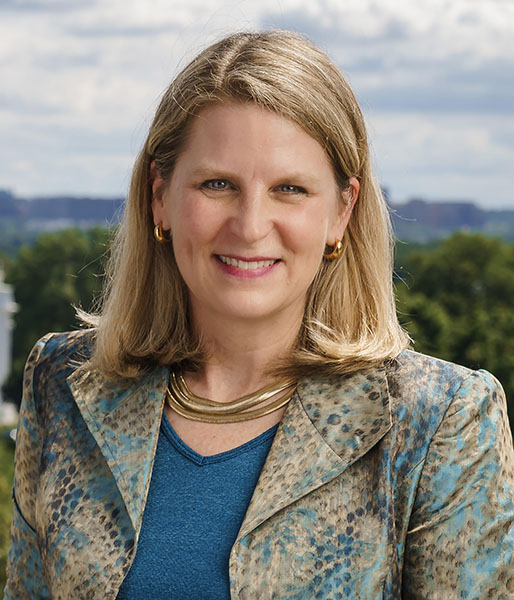In his new apostolic exhortation Dilexi te (“I have loved you”), Pope Leo powerfully elevates concern for the poor as a central theme of his pontificate. He writes, “The condition of the poor is a cry that, throughout human history, constantly challenges our lives, societies, political and economic systems, and, not least, the Church. On the wounded faces of the poor, we see the suffering of the innocent and, therefore, the suffering of Christ himself.”
Pope Leo’s strong focus on the poor is situated within his acknowledgement of our rapidly changing social and economic context. Just after he was elected, Pope Leo said the Church should offer “her social teaching in response … to developments in the field of artificial intelligence that pose new challenges for the defense of human dignity, justice, and labor.” Concern for the poor combines with new moral questions around the impacts of artificial intelligence, especially on workers, to form the central themes of his early pontificate.
This timely Public Dialogue responded to Pope Leo’s powerful challenge to the Church to refocus on the poor and his questions regarding the moral and human impacts of artificial intelligence at this time of economic turmoil and transformation.
Four outstanding leaders
- Addressed the challenges for the Church and our nation of widespread poverty in the U.S. and around the world, and the message of Pope Leo’s apostolic exhortation Dilexi te (“I have loved you”) on the topic of poverty in light of Catholic social teaching.
- Examined the ongoing mandate of Rerum novarum and other elements of Catholic social thought: the dignity and rights of workers, just wages, defending those who are poor, and support for families and unions.
- Explored how the Church can share the tradition of Catholic social teaching in response to what Pope Leo XIV has called “another industrial revolution... artificial intelligence and new challenges for the defense of human dignity, justice and labor.”
- Looked ahead to how Pope Leo, the Church, and others can address the moral dimensions and human impacts of poverty, AI, and other economic pressures on workers, poor families, and society.
John Carr, founder of the Initiative on Catholic Social Thought and Public Life, moderated the dialogue. For more than twenty years, Carr led the United States Conference of Catholic Bishops’ efforts on poverty, work, and economic justice.
Resources
View articles and other resources for this dialogue.
Photo credit: Roman Catholic Diocese of Chiclayo


.jpg)

